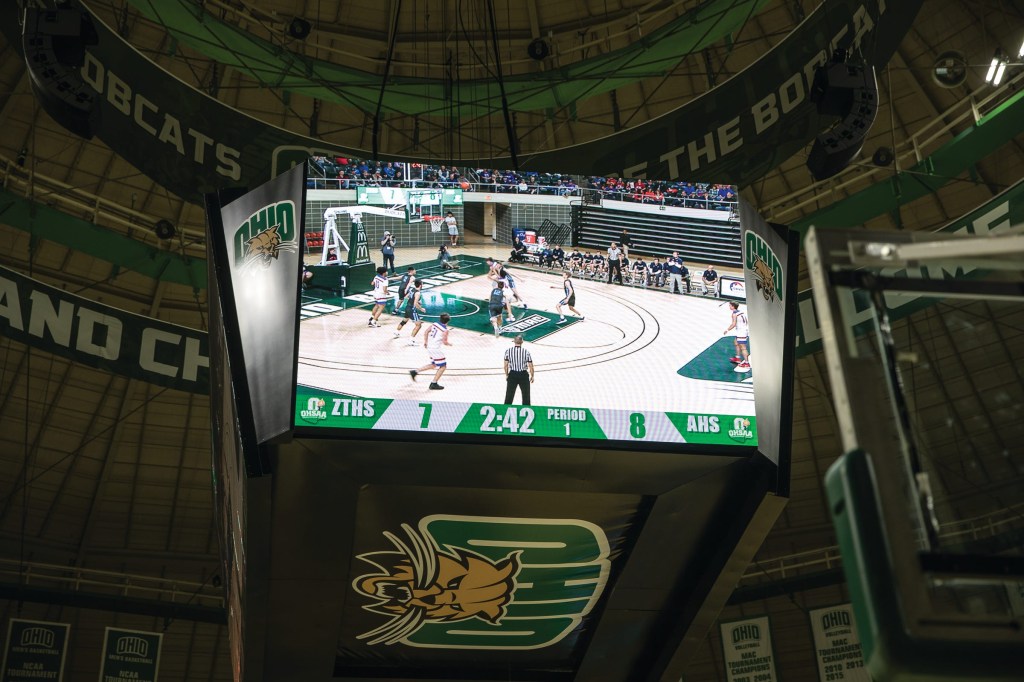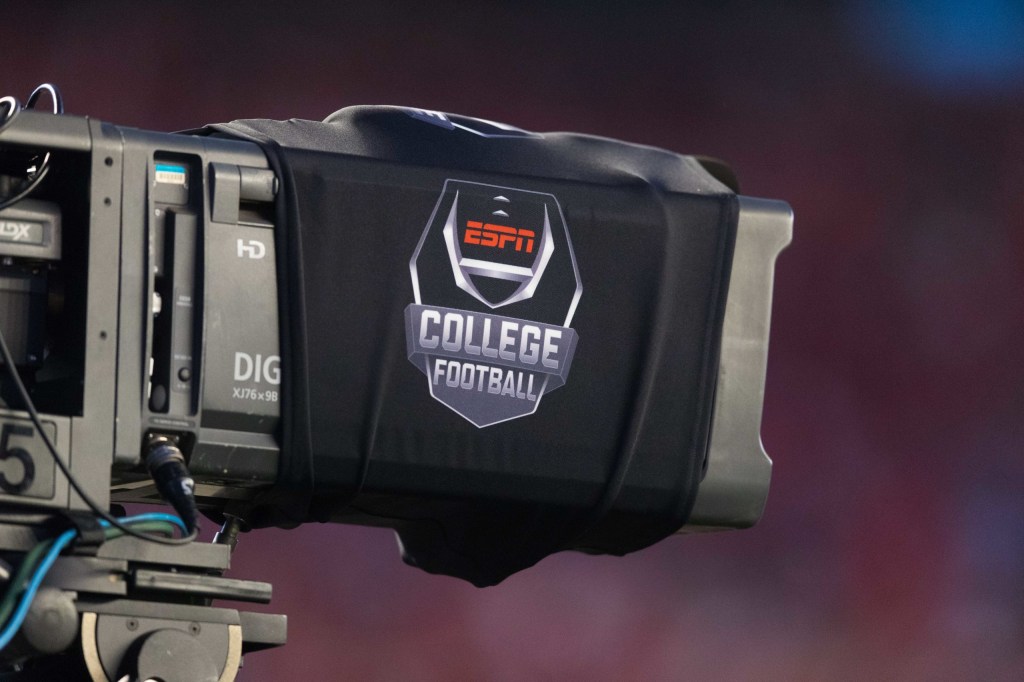
Whether we realize it or not, each of us has some aspect of sales in our day-to-day lives.
It could be selling an idea, product, opportunity, or selling ourselves. Daniel Pink, author of “To Sell Is Human,” says it best by stating,“To sell well is to convince someone else to part with resources — not to deprive that person, but to leave him better off in the end.”
With more than $71.8 billion U.S. dollars in revenue forecast for 2018, the North American sports market is one of the largest in the world. In addition, some $19.6 billion U.S. dollars in revenue is expected to be generated through 2018 ticket sales alone in North America. There is no doubt that the sports industry as a whole is thriving, but with success comes increased competition.
Jobs are continually being created, but careers are harder to come by. Ticket sales are known to be the entry-level job for recent grads and those looking to break into the sports industry. But what other opportunities are available for those who have a knack for sales?
READ MORE: 4 Ways to Making Breaking Into the #SportsBiz Much Easier
Current and former NBA, NFL, and NHL professionals shared some thoughts on how to refine your sales skills and open the door to a career in sports sponsorships, partnerships, and group sales.
Ask the Right Questions
When it comes to sales, it sounds straightforward to lead with a product. Yet, Travis Misner, manager of partnership development with the Charlotte Hornets, begins his sales process by asking potential partners,“What are you trying to achieve?”
Misner began his career working in collegiate athletics at Northern Illinois and Ohio University in the Development Office, where he learned the importance of building trust. At the time, it was with potential donors; now it’s with potential partners.
“Partnerships are personable, the relationship matters more than the actual sale,” said Misner.
Entering with the mindset of transformation — rather than transaction — has served Misner well. “The root of every partnership is helping someone build their business,” he said. “Regardless of what industry, it could be insurance, an airline or a car dealer — I have to learn how multiple businesses work and how they make money. I make sure to understand their consumer behavior, studying LinkedIn and IEG sponsorship reports, but more importantly, I have to know my current market and fans of the Charlotte Hornets.”
Misner concluded by saying, “Sales is really about helping someone achieve their goals.”
In order to understand someone’s goals, it begins by asking the right question and understanding how to best fill their need.
Key takeaway: Fully understand your product and listen to your customers’ needs before attempting to close a deal.
Find Balance Between Patience and Persistence
“Our jobs aren’t as easy as people think they are,” admitted Sam Cole, former director of corporate partnerships for the New Orleans Pelicans. Sales not only require asking the right questions, but also a healthy balance of patience and persistence.
“The two attributes that I have found to be the most helpful to me are patience and persistence. Sponsorship deals hardly ever come together on a property’s timeline,” stated Cole.
[mc4wp_form id=”8260″]
Empathy isn’t often discussed in the fast-paced environment of sports business, but an attitude of understanding can be a difference-maker in sales. Cole said, “I have seen many deals fail when a salesperson became impatient and pushed for an answer, or decided to stop pursuing a prospect because they were dragging their feet.”
Key takeaway: Be patient enough to let the sale happen, but persistent enough to make the sale happen.
Seek Reps and Practice Reflection
Training never ends. Learning never ends. Those are two of the most important lessons one can learn throughout their careers — no matter what industry.
“As a new sales rep, you should soak up as much knowledge as you can. Don’t just rely on your manager to do all of the educating. Set aside some time each week on your personal development,” stated Carl Manteau, senior group sales director of the Milwaukee Bucks.
Getting your role in sports business is the first step, but it’s growing in your role that will keep you there. “Use the human resources around you; go on meetings with your colleagues just to observe and add to the conversation.” says Jeff Longo, former VP of marketing for the New Jersey Devils and now an associate professor at Johnson & Wales University.
READ MORE: Mastering Twitter: Personal Branding Tips for Sports Business Professionals
Failure can hurt but also be one of your greatest assets. “You have to fail, you have to get as many reps as you can. It’s no different than playing sports — the more reps, the better you get,” said Patrick Stack, former manager of corporate sales for the Cleveland Browns and director of business development for GMR Marketing.
Stack would go on to say that the true learning is found in reflection, or simply stated, “rep and reflect.”
Key takeaway: Failure is only your enemy if you allow it to be. Unpack your interactions, learnings, and approaches. Test out ideas with colleagues during “practice” before your “game” with a client.
Overall, a career in sales can be intimidating at first, but by actively listening, remaining persistent, and reflecting on your experiences, selling can become second nature and the gateway to a lasting career in sports business.

















